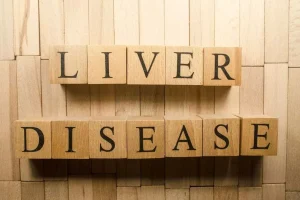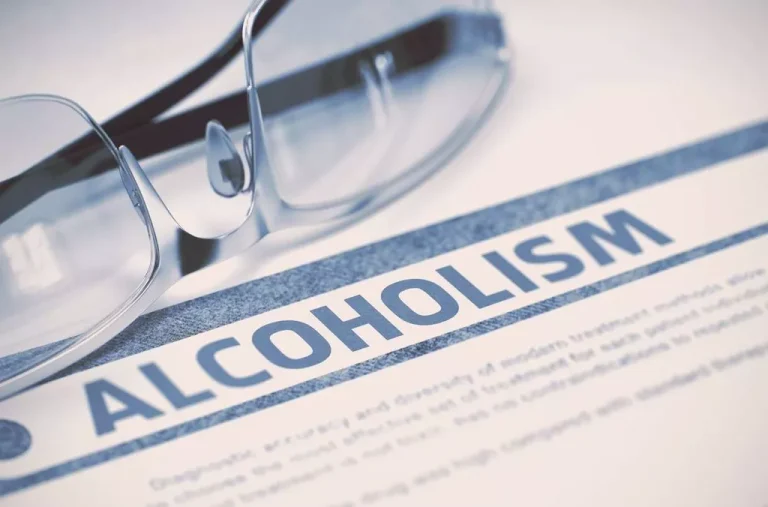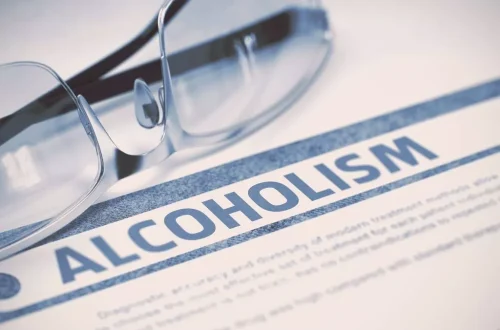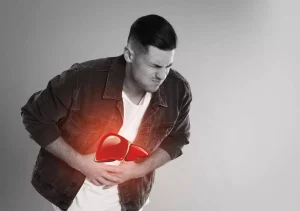Does Alcohol Help Anxiety? Understand the Risks

Few people may realize it, but you can actually be allergic or intolerant to alcohol. alcohol and panic disorder Anywhere from 7% to 10% of the general population has such an allergy, though it affects about 35% of those with Asian backgrounds. Signs include skin flushes and a feeling of being either wound up or very sleepy.
What the DSM-5 Says About Addiction

Research notes that changes in chemical levels such as serotonin can cause anxiety disorders and depression. As well as being an unhealthy Alcoholics Anonymous coping mechanism, cases of alcohol-induced panic attacks prove that alcohol can actually be the cause of anxiety and panic rather than the cure. Stopping heavy alcohol use can lead to withdrawal, which often involves heightened anxiety and panic attacks. As the body adjusts to functioning without alcohol, the nervous system becomes overactive. Individuals experiencing panic attacks may feel a loss of control or fear of death.
Associations Between Alcohol and Panic Attacks
Dr. Austin Lin is a double board-certified adult and addiction psychiatrist who has been in practice for over 9 years. At the center of Dr. Lin’s clinical approach is a strong emphasis on establishing trust and using a collaborative approach to help patients develop an individualized and cohesive plan so that they are able to achieve their goals. The information in this article is for https://ecosoberhouse.com/ informational and educational purposes only and should never be substituted for medical advice, diagnoses, or treatment. If you or someone you know may be in danger, call 911 or the National Suicide and Crisis Lifeline at 988 right away.
How can you prevent panic attacks after drinking?
- A total of 3.3 million deaths (5.9% of all deaths) are believed to be due to alcohol.
- Mental health experts suggest that while alcohol may initially provide a sense of relief or relaxation, it can exacerbate anxiety symptoms over time.
- Anxiety disorders are a group of mental health conditions characterized by persistent, excessive worry and fear.
- Five percent of all American adults (more women than men) suffer a panic attack at least once during their lifetime.
- When you experience alcohol-induced panic attacks, this cycle can become even more frightening and potentially result in a long-term panic disorder.
Increased tolerance can lead to a cycle of escalating alcohol consumption. Alcohol is often used as a coping mechanism for anxiety, but this approach carries significant risks. Individuals may develop tolerance and dependency over time, potentially worsening their anxiety symptoms.

Differential Diagnosis
- The fact that all these physiological changes can cause symptoms so similar to those of a panic attack can trick your brain into having a real one.
- You can become agitated and jittery because your body is busy processing the alcohol, which neutralizes the effect of these medications.
- Drinking alcohol can actually trigger panic attacks in susceptible individuals due to its effects on brain chemistry and bodily sensations.
Finding a therapist specializing in anxiety and addiction can provide personalized support and guidance. Erin is a Nurse Practitioner with 8 years of experience in midwifery and women’s health. She has spent the past 5 years specializing in the treatment of opioid and alcohol use disorders. Developing coping strategies and seeking support are essential steps in managing anxiety during this transition.
How do I stop anxiety after drinking?
For example, having either condition should be a risk marker for developing the other. This is consistent with prospective, observational studies showing that having either an anxiety disorder or AUD at any time increases the relative risk for future development of the other disorder. The relationship between alcohol and anxiety is a multifaceted one, with implications that extend beyond the immediate effects of drinking.

